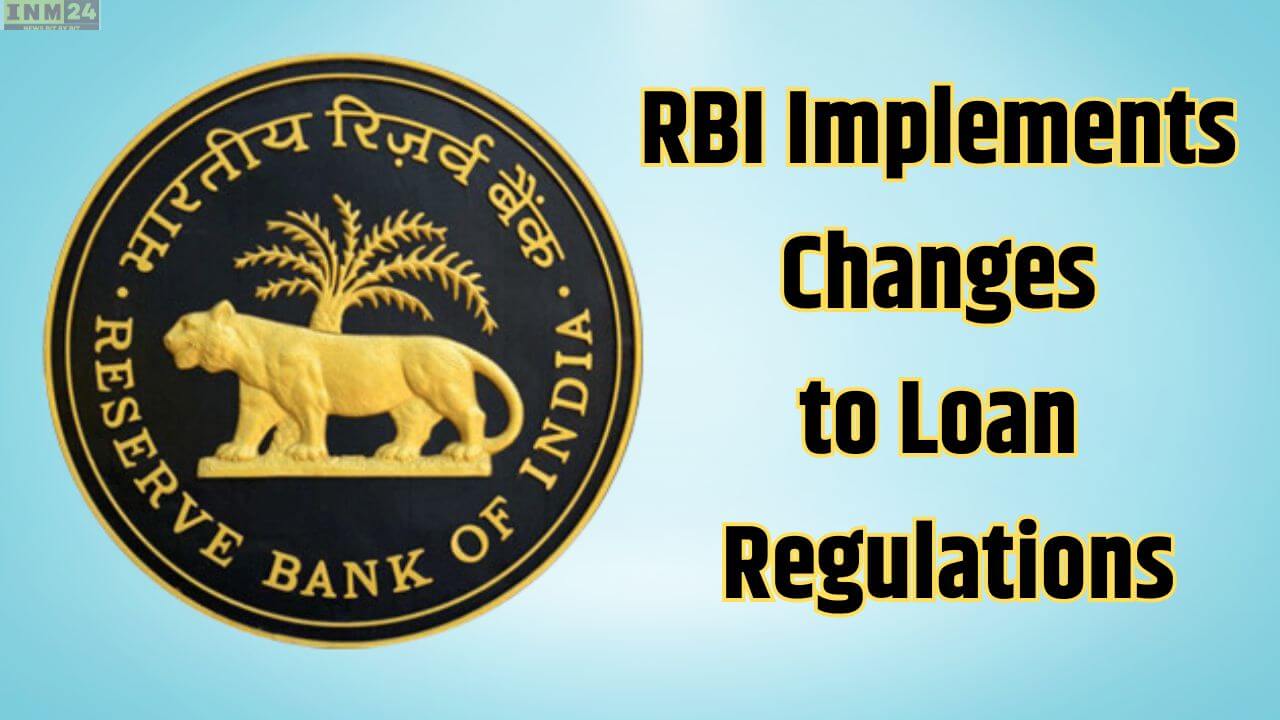The Reserve Bank of India (RBI) has introduced amendments to loan regulations, bringing forth positive news for loan borrowers. RBI has issued new guidelines concerning penal charges and penal interest associated with loans, aiming to restrict banks and non-banking financial companies (NBFCs) from imposing additional charges on borrowers.
Directives from RBI
RBI has directed banks not to include penal charges in the loan amount and also prohibited the calculation of additional interest on these charges.
Banks’ Discretion Restricted
Previously, banks had the authority to levy penal interest on loan equated monthly installments (EMIs) delayed by borrowers, along with additional charges. However, as per RBI’s directives, banks and financial institutions will no longer have the right to impose penal interest on borrowers or add additional charges. Nonetheless, banks can still impose penalties.
Determination Based on Default Amount
Under the new rules, banks and financial institutions will determine penal charges based on the default amount. RBI has issued instructions for unbiased and consistent charges, emphasizing that penal charges should not exceed a certain limit.
Difference between Penal Charges and Penal Interest
When a borrower fails to make timely EMI payments, banks or financial institutions impose penalties, which may take the form of penal charges or penal interest. Penal interest is an additional rate added to the existing interest rate for the borrower. On the other hand, penal charges are fixed fees, distinct from interest charges.
Effective Date of the Rules
These new rules regarding penal charges and penal interest came into effect on April 1, 2024. Existing loans will be subject to the new regulations from June 1, 2024. It’s worth mentioning that RBI initially planned to implement these rules from January 1, 2024, but considering the concerns of financial institutions, the date was extended.
These amendments by RBI aim to protect the interests of loan borrowers and promote fair and transparent practices in the lending sector, ensuring that customers are not burdened with excessive charges and penalties.
